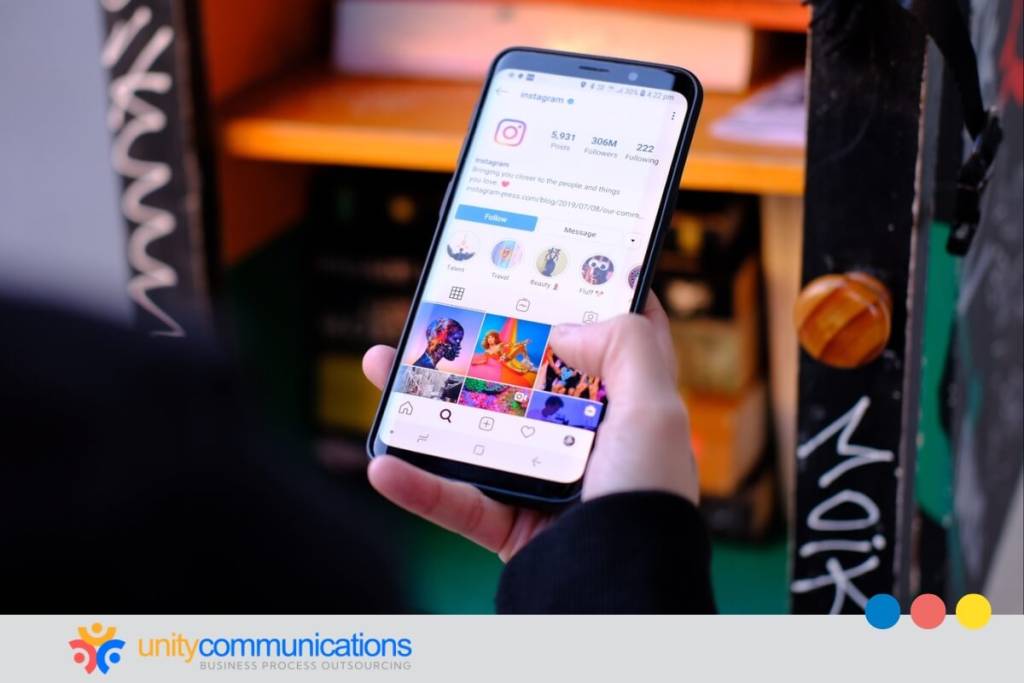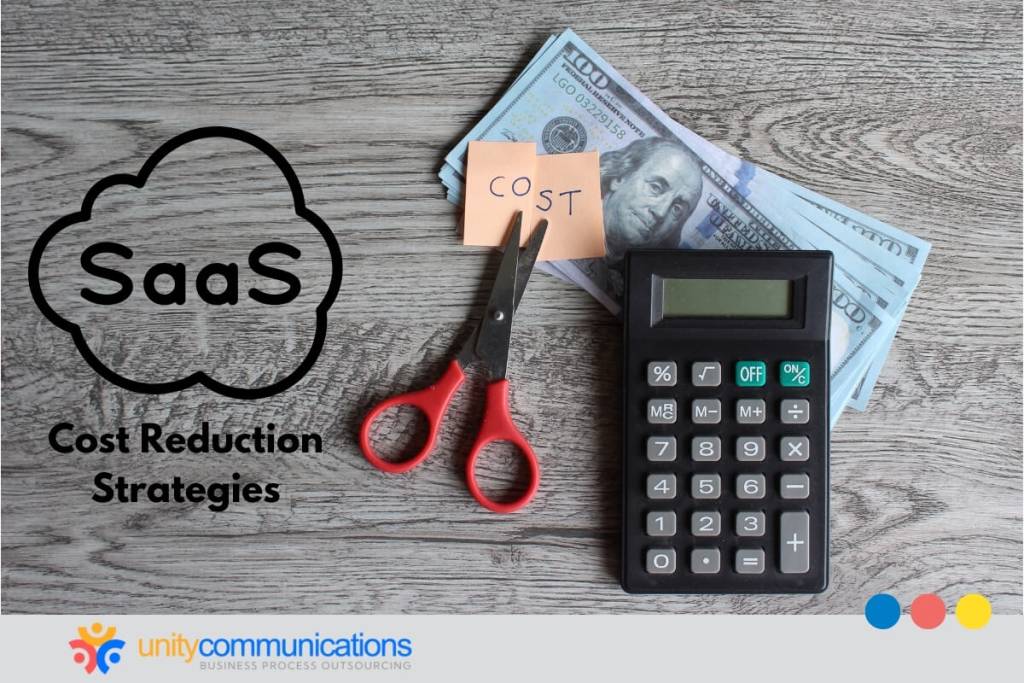Table of Contents
Workforce diversity fuels innovation and strengthens team performance. However, delivering lasting impact requires best hiring practices, structured accountability, and scalable systems.
Recruitment process outsourcing (RPO) can turn inclusive hiring goals into measurable outcomes. Leading providers can reduce bias and expand access to overlooked talent pools. They also align the hiring process with your diversity, equity, and inclusion (DEI) strategy.
This article examines how to improve diversity through RPO programs for a more inclusive workforce. Read below for more about this business process outsourcing (BPO) model!
7 ways to improve diversity through RPO programs

RPO is more than filling roles. It’s a strategic extension of your talent acquisition team. A skilled partner brings global expertise, inclusive tools, and built-in accountability. These help reduce bias, expand access, and align hiring with your DEI goals from day one.
Unlike general BPO, RPO focuses on equitable hiring by standardizing practices and making inclusive outcomes repeatable and scalable. This matters now more than ever. About 56% of employees say “increasing DEI in the workplace is good.”
However, many companies struggle to meet their DEI commitments for the following reasons:
- Lack of measurable goals. DEI initiatives often lack clear metrics to track progress.
- Insufficient leadership buy-in. Senior leaders might voice support but fail to allocate sufficient resources or enforce accountability.
- Budget cuts. Economic pressures lead to reduced funding for DEI programs.
- Resistance or backlash. Internal pushback or political and legal challenges stall initiatives.
- Inconsistent implementation. Policies vary across departments or regions, causing uneven results.
- Talent pipeline gaps. Limited diverse candidate pools hinder recruitment goals.
This is where RPO makes a difference. A well-structured, scalable program embeds DEI goals at every hiring stage, turning intention into action.
The following strategies further explain how you can improve diversity through RPO programs:
1. Expand reach to underrepresented talent pools
RPO providers can reach candidates that in-house teams might miss or overlook. These include:
- Historically black colleges and universities (HBCUs)
- Women-in-tech communities
- LGBTQIA+ associations
- Veteran programs
- Disability-focused job platforms
Some RPO teams use geospatial and sociodemographic tools to locate other talent-rich regions. This broader reach helps you develop newer talent pools and diversify your pipeline.
2. Write job descriptions that attract (not deter)
Your job descriptions set the tone for who applies. RPO providers use bias-detection tools to flag and remove exclusionary language, such as “rockstar” or “aggressive.” These terms might signal a preference for certain personality types, work styles, or cultural backgrounds.
For example, “rockstar” might imply a young, extroverted, high-energy persona. It can discourage highly qualified applicants who don’t identify with or feel included by that language. They might self-select out of the hiring process.
RPO providers rewrite these listings to use neutral, inclusive language that welcomes applicants from all backgrounds. Examples include “accomplished professional” or “experienced specialist.”
Some also A/B test different job descriptions to determine how wording affects candidate diversity. Refining the tone, format, and messaging ensures your listings appeal to a more representative audience.
3. Standardize screening to reduce unconscious bias
Screening bias can derail diversity efforts before interviews even begin. RPO providers address this by:
- Introducing structured frameworks, such as anonymous résumé reviews
- Using scoring rubrics
- Leveraging AI-driven screening tools that focus on skills rather than backgrounds
Applying the same standards to all candidates reduces subjective hiring. Emphasizing performance over pedigree also strengthens recruitment quality.
4. Train recruiters on inclusive hiring practices
Tools and frameworks are only effective if recruiters use them well. RPO providers train their recruiters on inclusive hiring practices, from identifying microaggressions to structuring unbiased interviews and addressing accessibility needs.
These recruiters serve as diversity advocates throughout the hiring process, ensuring that each candidate’s experience aligns with your DEI values. Their insights often extend to coaching your internal team to strengthen inclusion beyond recruitment.
5. Leverage data to track and improve diversity
You can only effectively improve diversity through RPO programs by measuring your progress on DEI. RPO providers help establish baseline metrics, such as the following:
- Applicant diversity rate: The percentage of applicants from underrepresented groups entering the hiring pipeline
- Hiring rate by demographics: The proportion of hires from each demographic group compared to the applicant pool, highlighting selection biases
- Conversion rate by demographics: Tracking drop-off rates at each stage (e.g., screening, interviews) across groups to pinpoint where biases might occur
- Representation across levels: The demographic distribution across organization tiers, such as leadership, management, and entry-level roles
- Pay or hiring equity: Evaluating whether compensation and hiring outcomes are equitable across diverse groups (e.g., same roles, same pay)
RPO providers also set diversity goals and track hiring funnel performance in real time. They also use dashboards to quickly monitor representation across sourcing, interviews, offers, and acceptances.
Tech-driven RPO companies utilize predictive analytics to identify areas of concern, such as where diverse candidates tend to drop off disproportionately. This allows you to course-correct quickly and continuously refine your approach.
6. Promote your brand as a diverse employer
Candidates evaluate your values before applying. RPO teams integrate inclusion into employer branding by auditing your website, social channels, and application experience for DEI alignment.
They might recommend highlighting employee stories, diversity metrics, and inclusive benefits. This helps you stand out as a workplace where all individuals feel they can belong.
7. Align with DEI teams, not work in silos
Inclusive leadership is impactful. According to Deloitte, it could increase employee experiences of fairness, respect, value, belonging, psychological safety, and inspiration by 70%.
To achieve this, RPO and DEI teams co-create goals and refine sourcing methods. They track progress to build a cohesive, aligned, and accountable hiring strategy. For example, both teams can set quarterly objectives to shortlist more candidates from underrepresented groups.
This collaboration ensures that diversity hiring can lead to meaningful and inclusive change. When done right, it doesn’t just change who you hire. It transforms how your organization thrives.
The bottom line

Improving diversity through RPO programs requires more than intent. It demands structure, strategy, and the right partner to expand your reach, mitigate bias, and achieve measurable, inclusive outcomes.
When combined with the operational precision of BPO, RPO helps build teams that reflect your values and strengthen performance.
Ready to take the next step? Let’s connect and explore how outsourcing can help you create a more inclusive business.




